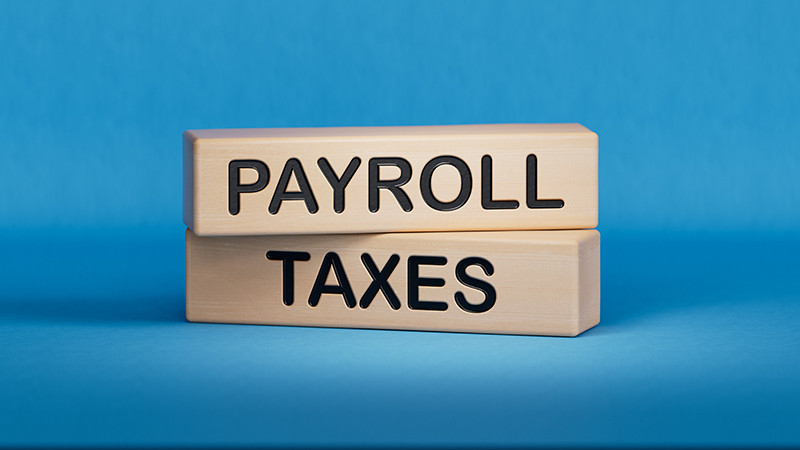Can you claim the Child Tax Credit for non-biological kids?
January, 20 2022 by Carolyn Richardson, EA, MBA
Should I amend last year's taxes if my ex claimed my kids and they aren't biologically his? I haven't got any of the child tax credit for my children.
-Khelsie, IA
Hi Khelsie,
We wish there was a straightforward answer to this question but, unfortunately, there isn’t one.
First, let’s address who can claim the children for the Child Tax Credit. To claim a child for this credit, the child has to meet several tests:
- The child must be under age 17 at the end of the year, or under the age of 18 for 2021 only.
- They cannot have provided over half of his or her own support during the year.
- The child must be claimed as a dependent on your federal income tax return (more on this below).
- The child generally must have lived with the taxpayer for more than half of the year (exceptions may apply). If the custodial parent signs Form 8332, the noncustodial parent claims the Child Tax Credit.
- The child must have a SSN (not an ITIN) valid for employment in the United States, which must be issued on or before the due date of the return (including extensions), and you and your spouse (if any) must also have valid SSNs.
- The child cannot file a joint return for the tax year (or files only as a claim for refund), and
- The child is a U.S. citizen, a U.S. national, or a U.S. resident alien.
Out of these tests, the most critical feature is that the child must be your “qualifying child,” or, in other words, you would be able to claim them as a dependent and your claim would supersede any other person’s claim. The tests to determine a qualifying child are a little different than those to claim the Child Tax Credit, but the main difference is that a child older than 17 (or 18 for the 2021 tax year) can be claimed as child if they are still in school; they just don’t qualify for the credit.
To be a qualifying child, the child must be your biological child, stepchild, foster child, sibling or stepsibling, or a descendent of any one of these, such as a grandchild or niece. As such, the fact that your ex is claiming the children doesn’t disqualify him from doing so, as he is their stepfather.
You don’t mention WHY your ex is claiming the children, but biology isn’t a disqualifier in claiming dependents. There may be many legal reasons why this is the case, such as he was given the dependents deduction in your divorce, you may have signed the children over to him for tax purposes by using Form 8332, they are living with him, or they spend more time at his home than they do yours. All of these would give him priority in claiming the children on his tax return, even without a biological relationship. The IRS uses a set of rules to determine who can claim the children when there is a dispute between parents, which can be very complicated and tricky to navigate, so we won’t get into them here.
Based on your basic question, we don’t know if you could claim your kids under normal circumstances, much less on an amended return. You may want to find a tax professional in your area who can walk you through the qualifications and rules in this area, as they are some of the most complicated rules in the tax code.
Sincerely,
Carolyn Richardson, EA, MBA





